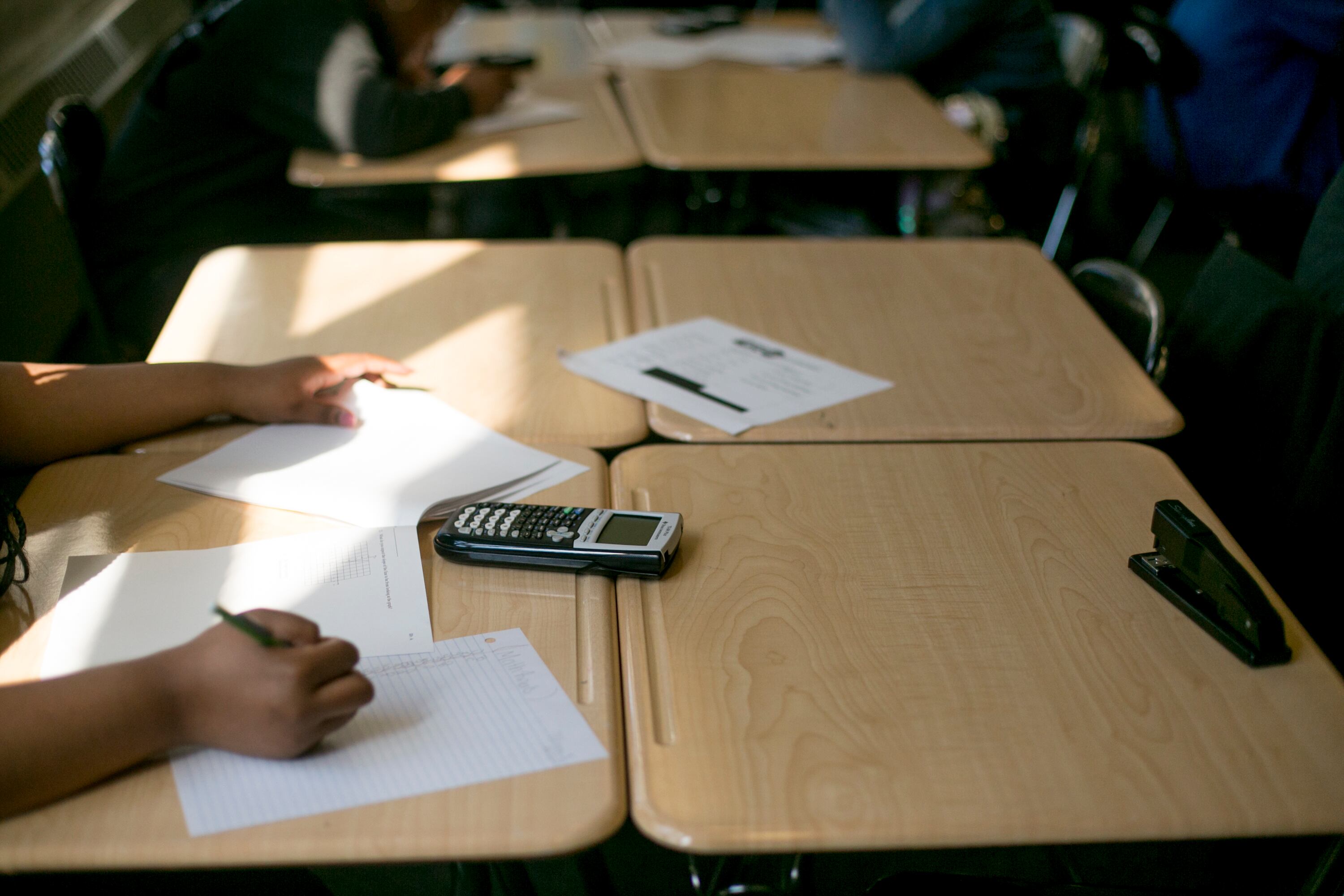Sign up for Chalkbeat Detroit’s free newsletter to keep up with the city’s public school system and Michigan education policy.
Michigan students made significant progress in improving math achievement scores since the 2020-21 school year, but the same was not true in reading, data from a new report suggests.
Benchmark assessments for K-8 students last school year, which compare scores for individual students in the spring and fall, show fewer third and fourth graders were proficient in reading compared to previous years. The report provides another data point consistent with what the 2024 Michigan Student Test of Education Progress, or M-STEP, suggested — that many students who entered kindergarten and first grade when most schools were virtual are struggling to catch up.
Though the report shows some progress was made in the last school year, the gap between the state’s highest- and lowest-performing students remains wider than would be expected before the COVID pandemic, said Tara Kilbride, assistant director for research at the Education Policy Innovation Collaborative, the research group that did the analysis.
The findings of the report highlight the importance of individual support for students, she added.
“It’s important curricula meet students where they are now,” she said. “That’s likely different from where they were a few years ago.”
The report stipulates the data is “imperfect,” but provides important information for policymakers and educators.
The benchmark assessments began in the 2020-21 school year after the Michigan legislature mandated them to measure recovery from pandemic learning loss.
Because the assessments were not administered in the state before COVID school closures, it is not possible to make an apples-to-apples comparison to years prior to 2020-21.
Additionally, starting last school year, districts are no longer required to administer the assessments. As a result, 91 fewer school systems and 57,000 fewer students participated in 2023-24.
Still, Kilbride said the demographics of this year’s participating districts are very similar to that of the state overall.
Students who moved districts during the pandemic or missed testing dates due to illness or a lack of access to computers at home are also not included in the analysis. Those students may have been more impacted by the pandemic, the researcher said.
The report showed accelerated improvement in some areas for Michigan students in 2023-24, particularly in math.
The analysis estimates that during 2020-21, Michigan students fell from the 44th to the 41st percentile in national math norms based on district grade-average scores on NWEA’s MAP Growth or i-Ready diagnostic assessments. By the spring of 2024, Michigan students’ math performance reached the 49th percentile.
The data suggests Michigan students’ math achievement significantly surpassed levels in fall 2020.
In reading, the benchmark assessments show little change in 2023-24.
The report estimates Michigan students dropped from the 52nd percentile in national norms for reading to the 47th in 2020-21. It remained about the same for the next three school years.
But the gaps in reading achievement between the state’s highest- and lowest-performing students narrowed in spring of 2024.
“This suggests targeted recovery efforts concentrated on improvement among students with the lowest scores were working in many cases,” said Kilbride.
The data also suggests more individualized and prescriptive literacy instruction, such as the kind of instruction called for in the “science of reading” legislation the Michigan legislature passed in September, could be beneficial.
The analysis shows students in districts that were primarily remote in 2020-21 have shown some growth in the years since, but continue to struggle to catch up.
Districts in urban areas with higher concentrations of poverty that were more impacted by COVID offered fewer days of in-person instruction in 2020-21.
Hannah Dellinger covers K-12 education and state education policy for Chalkbeat Detroit. You can reach her at hdellinger@chalkbeat.org.






